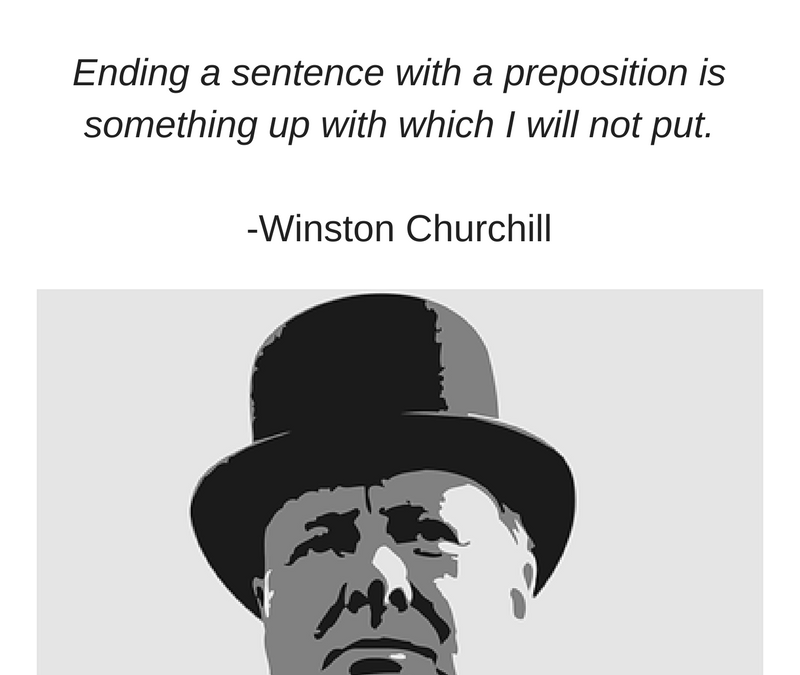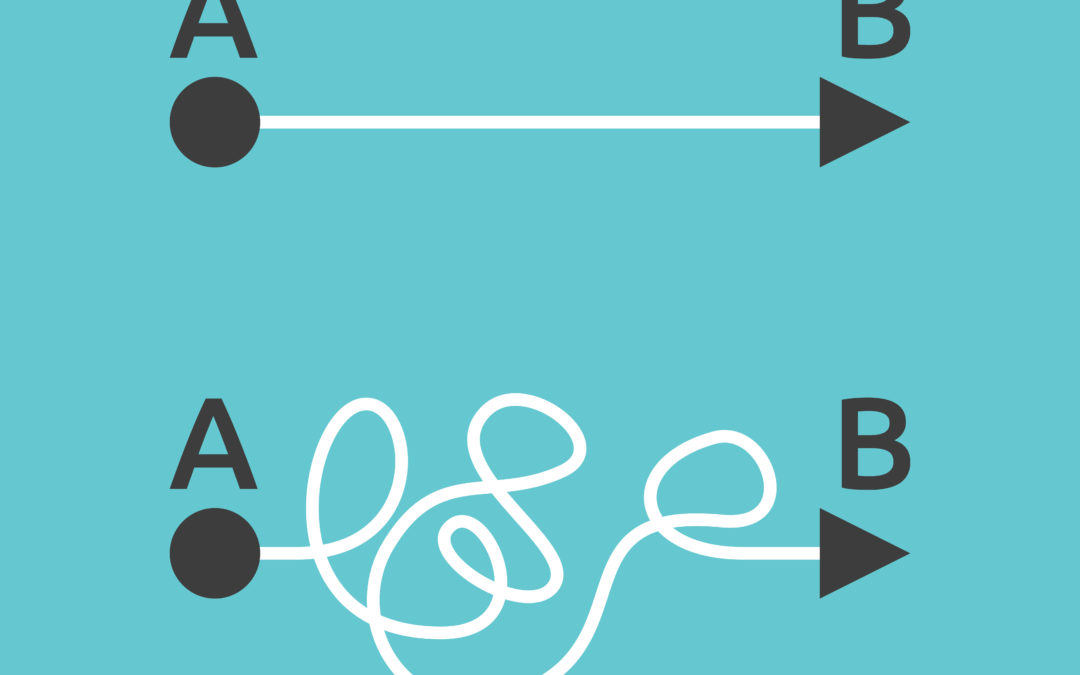
by Erica L. Meltzer | Sep 16, 2017 | Blog, College Admissions
As regular readers of this blog may know, I occasionally browse College Confidential to see what sorts of issues college applicants and their parents are grappling with. A few days ago, I was glancing through a “what-are-some-realistic-schools-for-me?” thread started by an excellent student seeking academically strong realistic and safety schools. One poster suggested a well-regarded but not obscenely competitive East Coast university that seemed to be a clear match for the student, and that he would likely be accepted to without too much difficulty.
The student’s response was something to the effect of, “But it’s not on the Common App, so why should I waste my time?” (more…)

by Erica L. Meltzer | Sep 8, 2017 | Uncategorized
At long (long, long) last, GRE Vocabulary in Practice is available for purchase on Amazon.
The book does have lists of words and definitions, but the focus is on application rather than memorization. While there are obviously many traditional GRE vocabulary books/apps out there, this is the only one designed entirely to help you make the leap from the words to the test. Learning definitions is not the same thing as learning to work through Text Completions and Sentence Equivalences! (more…)

by Erica L. Meltzer | Jul 31, 2017 | Blog, College Admissions
The following post was written by a friend and colleague whose son recently went through the college admissions process. I asked her to share her insights into the experience, and she was generous enough to write this post. So for all you parents of smart B students who would rather be playing World of Warcraft than writing their college essays, know that there is hope. Spoiler alert: the writer’s son got into college, no one had a nervous breakdown, everyone is still on speaking terms and, perhaps most importantly, no one will have to go into permanent debt to fund his education.
Do you remember your own college search? Perhaps like me, your 17-year-old self probably got very little guidance from your parents. Did you take the SAT once or twice? I took it once. Did you get test prep? I didn’t. I was pretty passive about the whole thing. However, let me ask a question that is even more revealing of the difference in generations… Did you use a typewriter to do your applications? Even if your 17-year-old self would have appreciated the convenience of the online Common App, I bet he or she would look at the high school senior standing in your living room and be totally aghast at all the sturm und drang. (more…)

by Erica L. Meltzer | Jul 4, 2017 | ACT Reading, Blog, SAT Reading
From time to time, I get emails asking me to provide suggestions for SAT/ACT reading prep materials, and it finally occurred to me that I should create a formal SAT/ACT Reading Resources Page with all of my recommendations grouped in one place.
In the past, when I’ve received these types of requests, I’ve simply pointed people to Arts & Letters Daily; however, that site contains a huge number of links, some of which go to publications well beyond the scope of college-admissions exams. As a result, I’ve identified a smaller group of (online, free) magazines whose articles I find most reflective of SAT/ACT reading, and provided links to those.
I’ve also included a list of suggested authors, both fiction and non-fiction, classic and contemporary, in case you want to do some poking around on your own. And if you’re studying for the SAT, I’ve included links to a number of key historical documents.
(more…)
by Erica L. Meltzer | Jul 2, 2017 | ACT Reading, Blog, SAT Reading
While going through all of my quizzes to make some edits/updates, I noticed that while there were an awful lot of grammar exercises, I was sorely lacking in the reading quizzes department — and that was really a major oversight (oops!) since for a lot of students, that’s the hardest part of the test. So I’ve decided to remedy the issue. (more…)

by Erica L. Meltzer | Jun 30, 2017 | Blog
There is a certain type of language enthusiast who, at the mention of English grammar, will jump to reassure you that they would never, ever dream of ending a sentence with a preposition. While their ardor for linguistic correctness is admirable, in this case I find it a little misplaced.
Why?
Well, when it comes to English, it there are two main types of grammar rules: those that came about in order to improve clarity and facilitate comprehension; and those that developed somewhat arbitrarily, more from convention than from logic. Things like period and comma usage are good examples of the former. In contrast, the infamous “don’t end a sentence preposition” rule is a stellar example of the latter. (more…)

by Erica L. Meltzer | Jun 27, 2017 | Blog, Financial Aid, Parents
If you’re just beginning the college search and application process, the number of things to consider can seem overwhelming: Big school or small? Research university or liberal arts college? Urban or rural? Close to home or far away? As costs have skyrocketed over the past few years, however, college admissions have increasingly come to revolve around one major question: is it affordable? (more…)
by Erica L. Meltzer | Jun 24, 2017 | Blog, GMAT
For those of you looking for a condensed version of key things to know for the Sentence Correction portion of the GMAT, I’ve posted a Cheat Sheet in the GMAT study guide.
20 simple tips to help keep you focused on the most important information and spot right/wrong answer more quickly and easily.
I’ve also posted a few additional articles in the GMAT section recently.
Parallel structure with “that” (a frequently overlooked favorite GMAT concept)
An in-depth discussion of how to use “which” along with a separate article simplifying “which vs. that”
And the ever-popular burning question of when to use “because” vs. “due to” (more…)

by Erica L. Meltzer | Jun 20, 2017 | Blog, Tutoring
Note: I originally posted this article last summer at a colleague’s request, but I’m re-posting it again now as students and families start to look at summer test-prep options.
If you’re just beginning test-prep this summer and looking into take a class or working with a tutor affiliated with a company, please tread carefully when dealing with the free practice tests offered by these organizations.
Many of these companies do not use official material produced by either the College Board or the ACT, but rather rely on tests written in-house and used only by the company. This is always the case for national chains such as Kaplan and Princeton Review, and is common practice among other companies as well. (more…)

by Erica L. Meltzer | Jun 17, 2017 | Blog, GMAT
When it comes to GMAT grammar, it can be helpful to distinguish between those idioms whose use is tested (that is, ones that may be presented in either correct or incorrect form) and idioms whose misuse is tested (that is, ones that are almost always used incorrectly when they appear). Due to offers an excellent case in point. (more…)

by Erica L. Meltzer | Apr 15, 2017 | Blog, College Admissions, Parents, Students
The short answer: In terms of giving you a leg up on Ivy League and other highly selective college admissions, probably not.
The long answer: It depends.
The reality is that summer high school programs effectively function as cash cows for (more…)

by Erica L. Meltzer | Apr 7, 2017 | ACT English/SAT Writing, Blog, Students
When transition questions are discussed in regard to SAT Writing/ACT English, they tend to be covered in two main forms.
The first way involves a transition placed after a comma in the middle of a sentence.
Version #1: The Spanish conquest of the Aztecs in 1519 brought the fragrant vanilla flower—and its companion, cacao—to Europe. Vanilla was cultivated in botanical gardens in France and England, but growers were unable to collect its glorious seeds. (more…)
by Erica L. Meltzer | Apr 4, 2017 | Blog
Larry Krieger has set up an APUSH Crash Course page on Facebook, and it’s a really impressive (not to mention free) resource.
In addition to posting full-length sample essays with paragraph-by-paragraph explanations of how to present key points, he’s made a number of videos walking students through the test as a whole, the long essay, and of course everyone’s favorite: the DBQ.
He even explains what you need to include to obtain specific scores.
Larry is truly the APUSH guru. He knows the test inside and out, and I strongly suggest that anyone taking the exam check out the page. Even if you’re already in good shape, you’ll probably pick up a few tips.

by Erica L. Meltzer | Mar 27, 2017 | Blog, Students
I realized after posting yesterday that I had buried the most practical information in the middle of what became a much longer-than-intended meditation/diatribe, so I’m re-posting the key information here in condensed form.
To sum up: since 2014, the AP English Language and Composition exam has NOT included questions directly testing knowledge of high-level rhetorical figures. So you know those questions that directly ask you to identify whether a particular set of lines includes, for example, oxymoron, antithesis, or syncope? They’re gone. (You may, however, see questions testing less technical terms, e.g., abstract language.)
But please note: if you are studying from exams administered before 2014, you may indeed see these terms.
For a description of the College Board’s revised stance on rhetorical terminology, see the 2014 Course Description, p. 2021. (more…)

by Erica L. Meltzer | Mar 26, 2017 | Blog, Tutors
When it first crossed my mind that I might be able to rework the original version of The Critical Reader into a prep book for the AP English Language and Composition exam, one of the initial things I did was head over to the College Board’s website and read the AP Comp course description.
I’d done some tutoring for the exam a few years back, but it wasn’t a test I’d been constantly immersed in, as was the case for the old SAT. I also knew that in addition to changing the SAT, the College Board had planned overhauls for a number of AP exams. Interestingly, the AP English Comp test was not officially listed among them; however, as I read the description for 2014 and beyond, it became clear that the test had recently undergone some important changes. (more…)
by Erica L. Meltzer | Mar 18, 2017 | Blog
Since the SAT changed last year, I’ve been trying to find ways to keep my old SAT materials relevant, and I’m happy to announce that the original version of The Critical Reader may yet live on.
After doing some research, I’ve discovered that the multiple-choice reading portion of the AP English Language and Composition exam is almost identical to Critical Reading on the old SAT. It actually tests fewer concepts, but the concepts it does test are approached in virtually identical ways.
Although the AP test does include some passages that are more challenging than those on the old SAT, the overall level and content (minus the hard science passages) are essentially the same. (more…)

by Erica L. Meltzer | Mar 16, 2017 | Blog, GMAT, The Mental Game
In an attempt to better understand the grammatical issues that students studying for the GMAT typically find most challenging, I’ve started — belatedly, I admit — dipping a toe into the Sentence Correction forums on beatthegmat and gmatclub.
The experience is something I can only describe as a flashback to the days when I used to read students’ obsessive parsing of SAT grammar questions on College Confidential. I don’t dispute that there’s a lot of helpful information, and some really outstanding analysis, but a lot of what I read also makes me want to bury my head in my hands and groan.
To be fair, many of the students posting are not native English speakers, or come from countries where the English spoken is sufficiently different from standard American English that what’s on the GMAT might as well be a foreign language. That’s a huge challenge, and I’m not denying that. (more…)
by Erica L. Meltzer | Mar 8, 2017 | Blog, SAT Essay, Students
If you look at the SAT Essay scoring rubric, you’ll find in order to earn a top score of 4 in “Writing,” an essay must demonstrate “a highly effective use and command of language,” and “a consistent use of precise word choice.”
Those are lovely-sounding directives, but they’re also extremely vague. It’s hard to dispute that these are characteristics of good analytical writing, but what do they actually mean, and how can you put them into practice?It’s easy enough to memorize grammatical rules, but style is something that can’t be taught…right? (more…)












